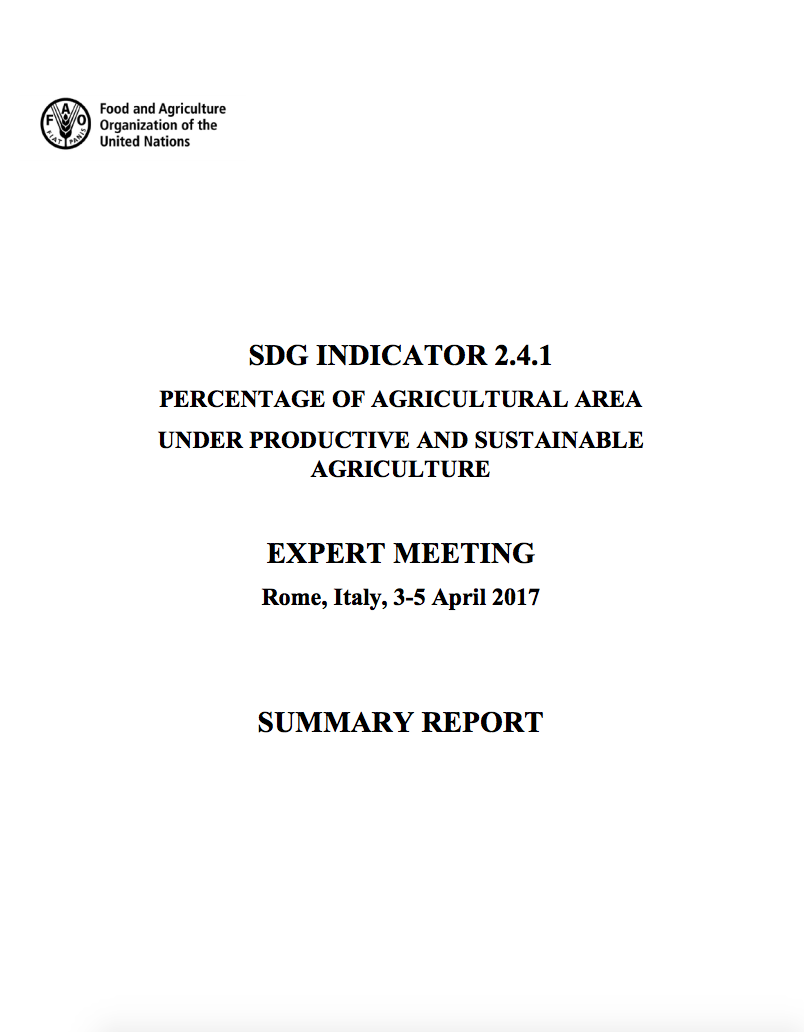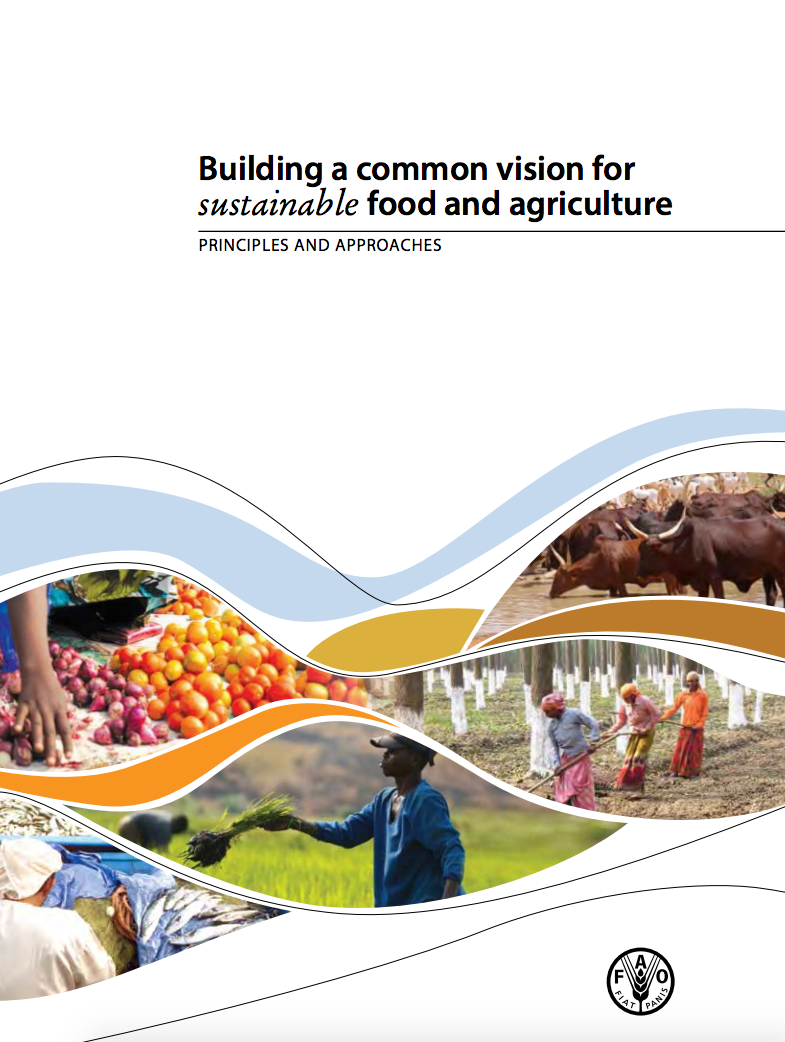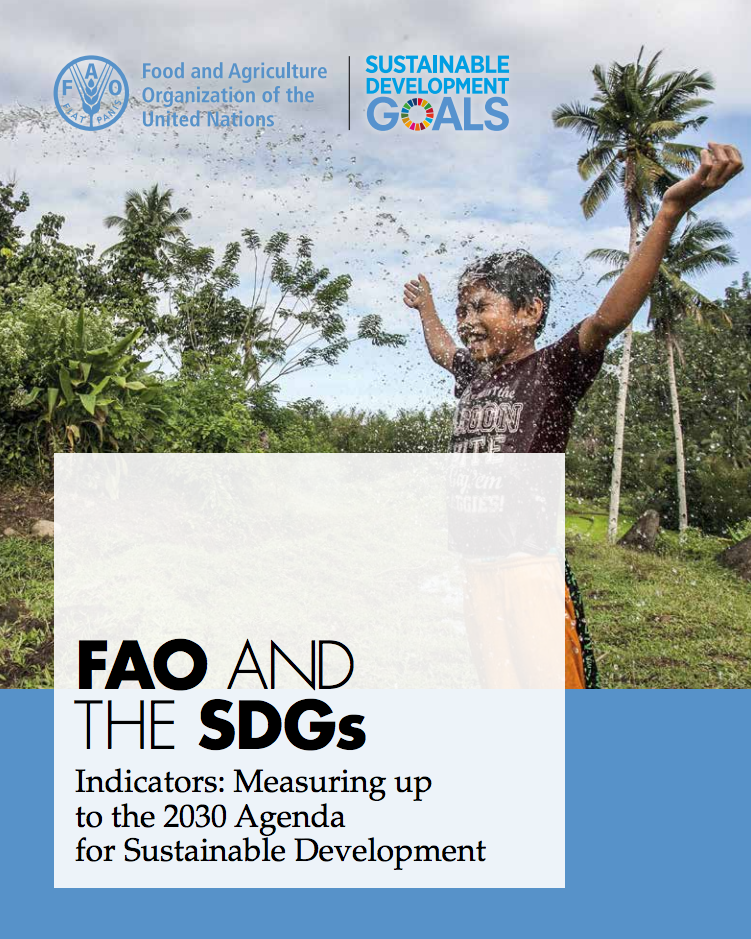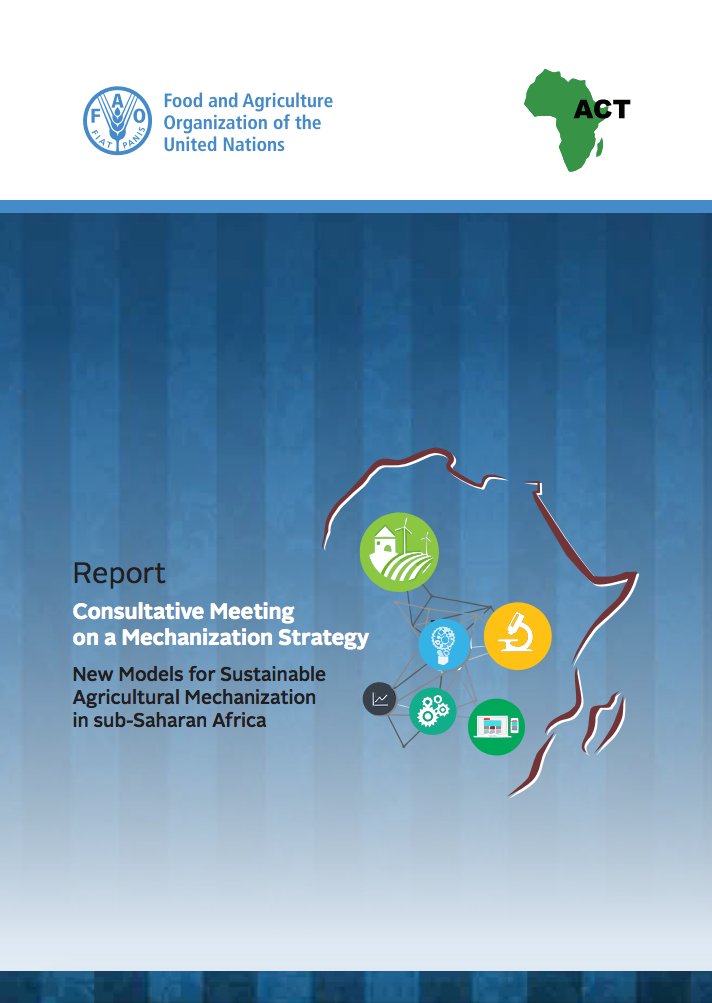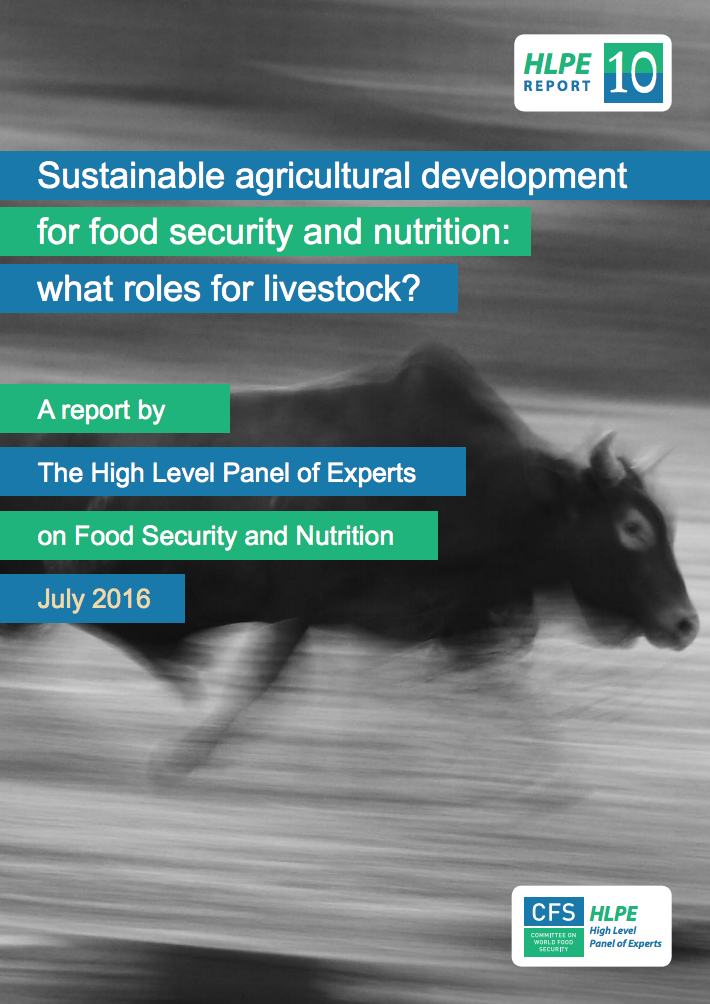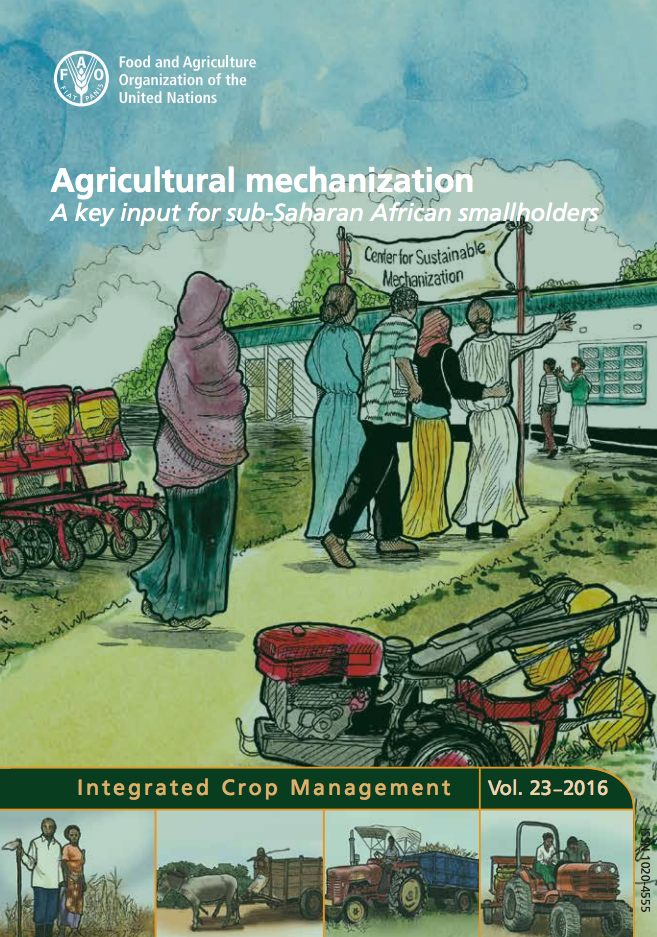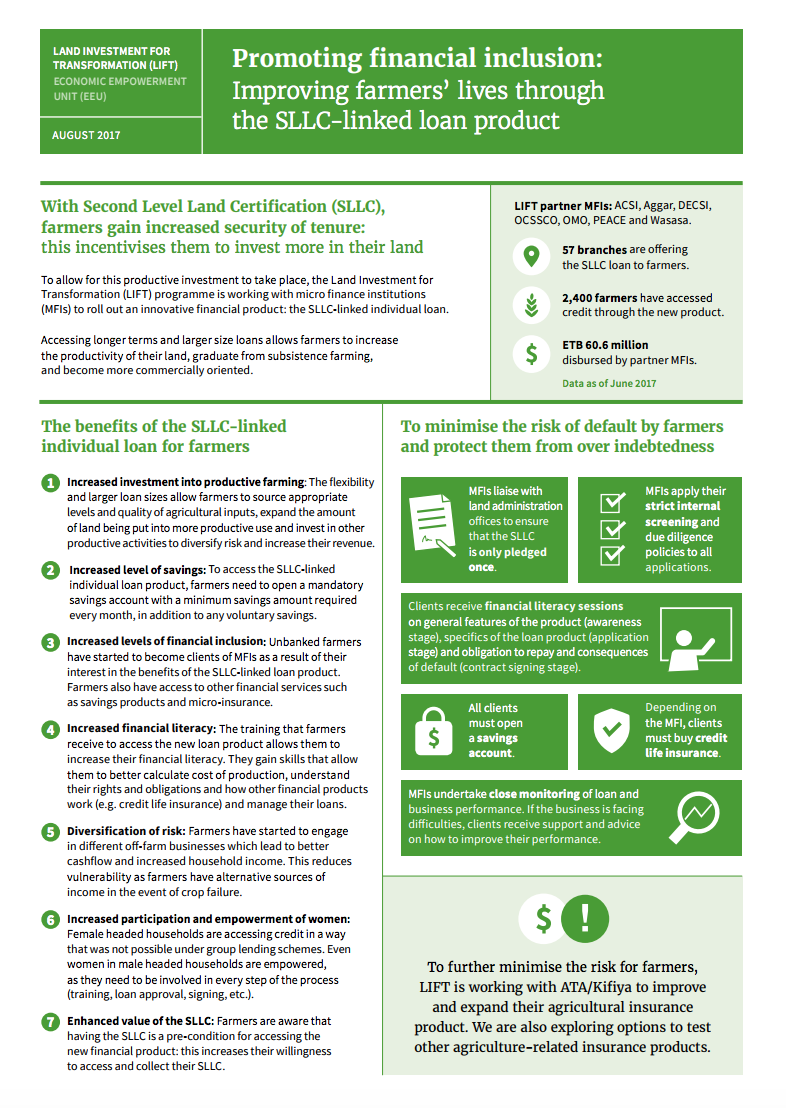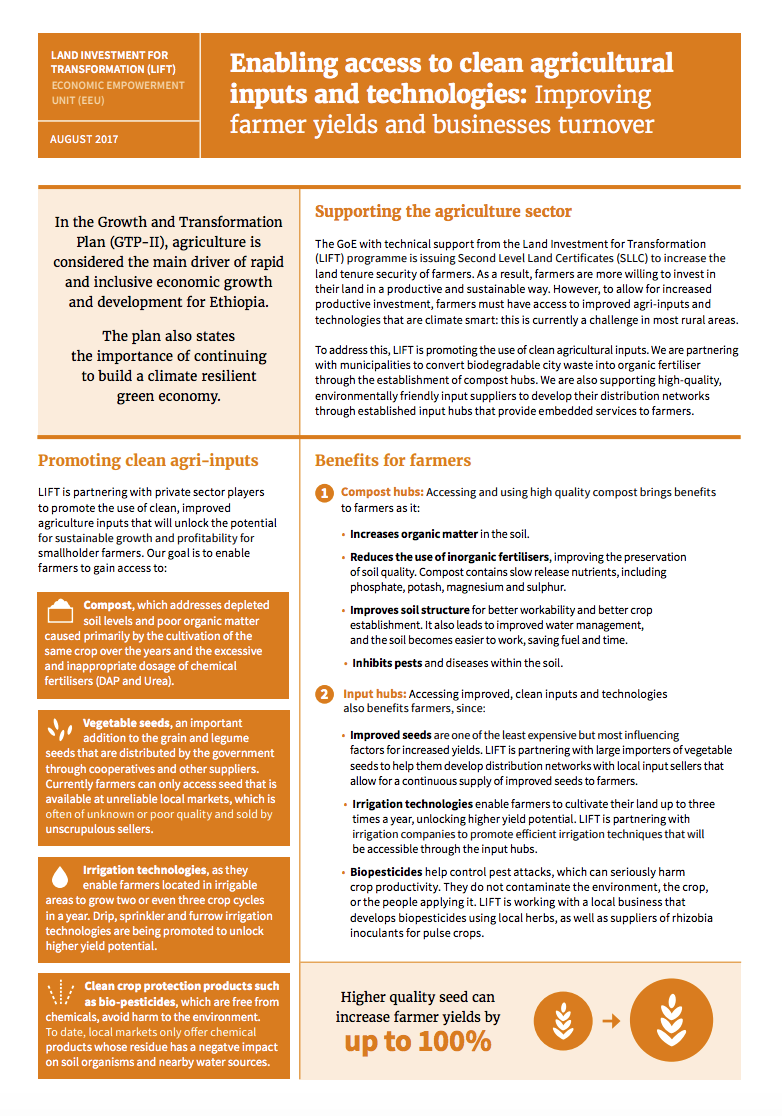Landscape pattern of seed banks and anthropogenic impacts in forested wetlands of the northern Mississippi River Alluvial Valley
Agricultural development on floodplains contributes to hydrologic alteration and forest fragmentation, which may alter landscape-level processes. These changes may be related to shifts in the seed bank composition of floodplain wetlands. We examined the patterns of seed bank composition across a floodplain watershed by looking at the number of seeds germinating per m² by species in 60 farmed and intact forested wetlands along the Cache River watershed in Illinois.


